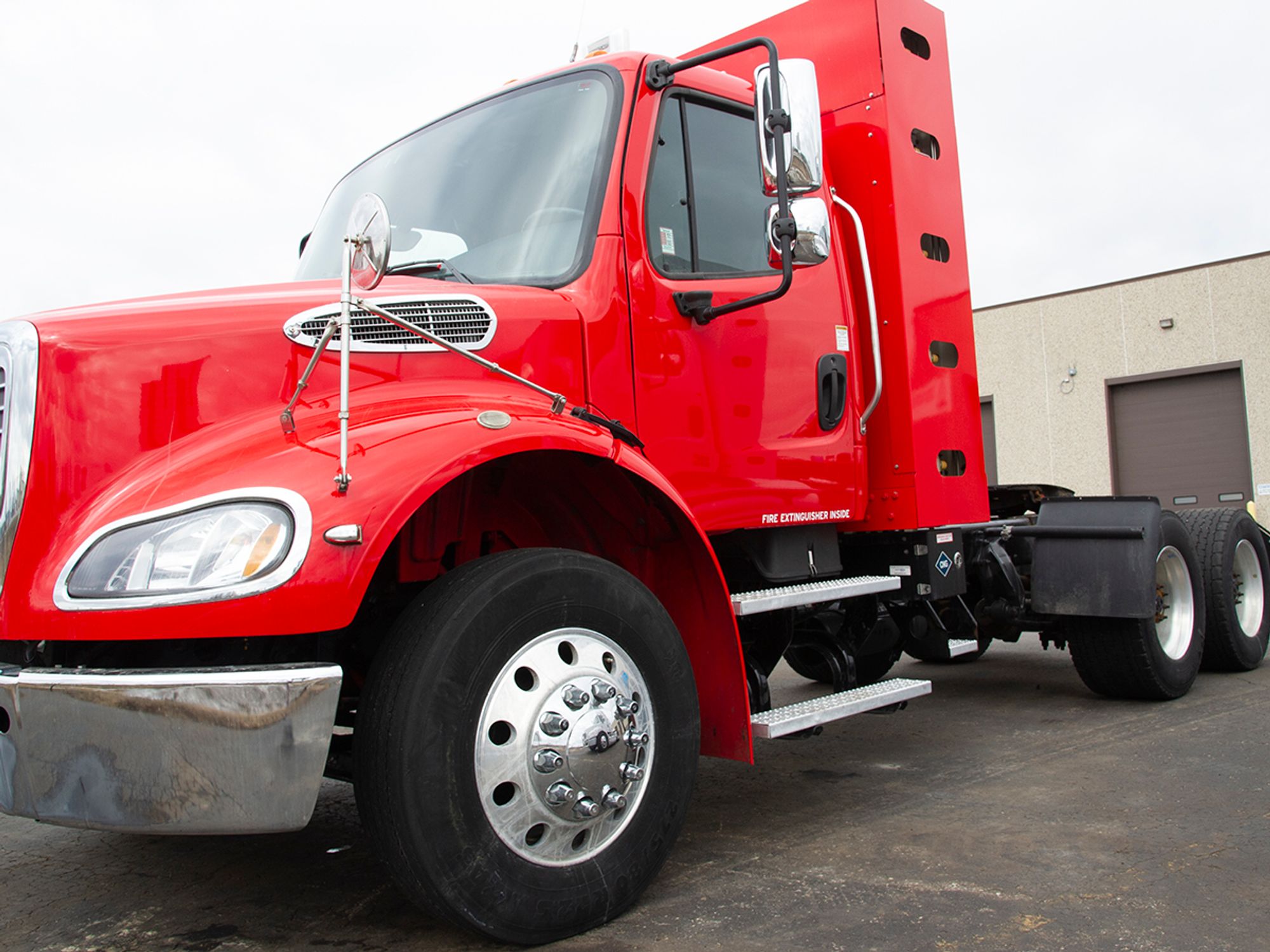Who must comply?

- In general, all carriers and intermodal equipment providers (IEPs) engaged in interstate and foreign commerce (including officers, drivers, agents, representatives, and employees directly concerned with commercial motor vehicle (CMV) inspection or maintenance) must be knowledgeable of and comply with the federal inspection regulations.
- “Covered farm vehicles” and “pipeline welding trucks” are exempt from all the federal inspection regulations.
- Non-business, private motor carriers of passengers (PMCPs), such as churches, civic organizations, and scout groups, are exempt from the recordkeeping and post-trip inspection reporting requirements of the federal inspection regulations.
In general, the federal inspection regulations found in Part 396 (as well as the criteria used to perform an annual inspection found in Appendix A) apply to all CMVs and the employers and employees operating them.
A “commercial motor vehicle” is any self-propelled or towed motor vehicle used on a roadway in interstate commerce to transport passengers or property when the vehicle:
- Has a gross vehicle weight rating (GVWR), gross combination weight rating (GCWR), gross vehicle weight (GVW), or gross combination weight (GCW) of 10,001 pounds or more, whichever is greater; or
- Is designed or used to transport 9 or more passengers (including the driver) for compensation, or 16 or more passengers (including the driver) not for compensation; or
- Is used to transport hazardous materials in a quantity requiring placarding.
Refer to 390.3 for details on how the federal inspection rules apply, as well as the major exceptions that exist.
Intermodal equipment providers
IEPs and their agents must understand and comply with the inspection and maintenance requirements in Part 396 for intermodal equipment offered for interchange with motor carriers. Intermodal equipment is defined in 390.5 as “trailing equipment that is used in the intermodal transportation of containers over public highways in interstate commerce, including trailers and chassis.”
Exemptions
Private motor carriers of passengers (PMCPs) — Two exemptions exist in Part 396 for non-business PMCPs (such as churches, civic organizations, scout groups, etc.):
- An exemption from the records required to be maintained in 396.3(b), and
- An exemption from the post-trip inspection report requirements of 396.11.
Covered farm vehicles — “Covered farm vehicles” as defined in 390.5, and their drivers, are exempt from all of Part 396.
Pipeline welding trucks — “Pipeline welding trucks” as defined in 390.38 are exempt from all of Part 396.
